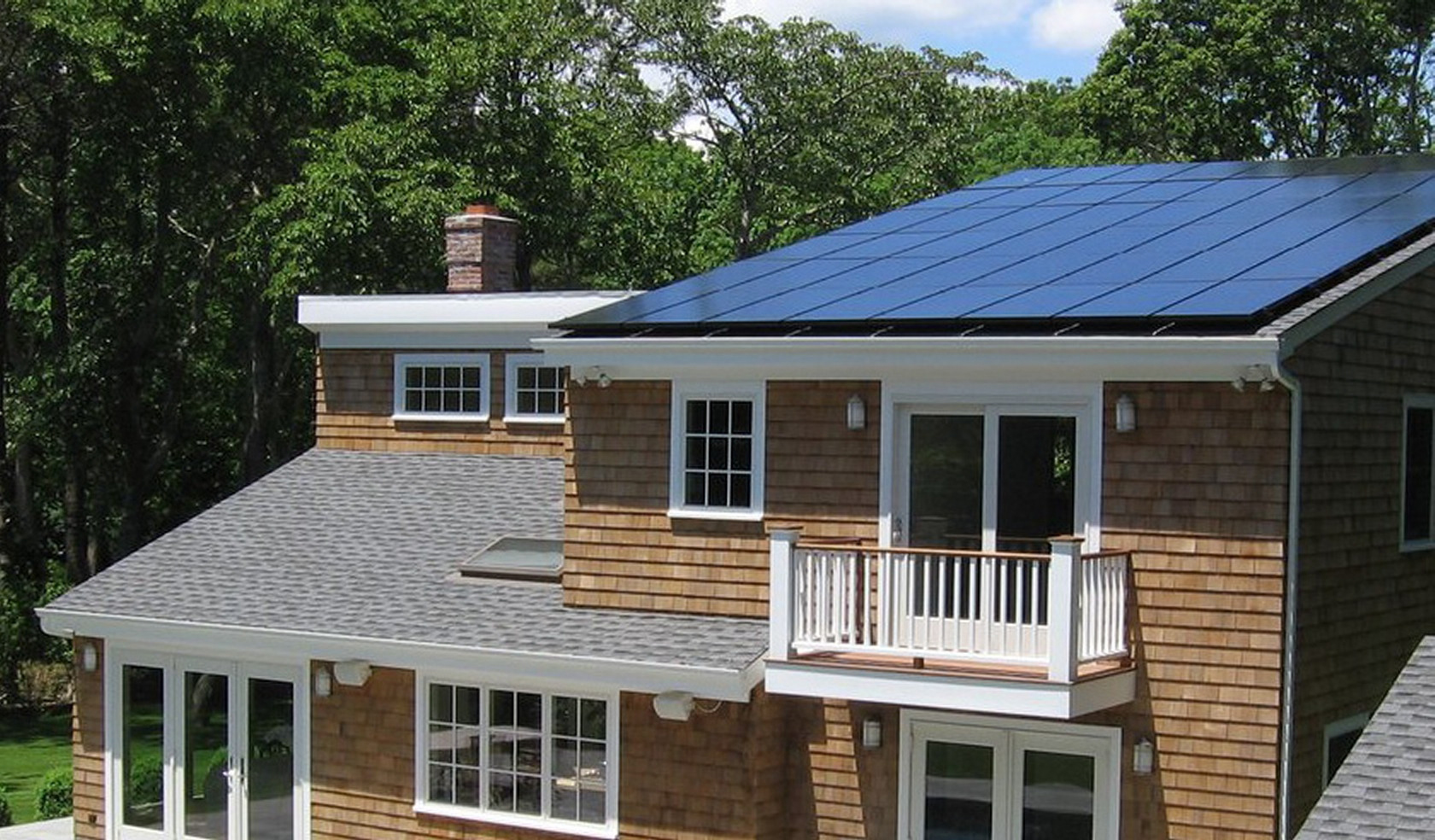The UK experienced a rise in environmental awareness in the 1970s, and this led to an increase in the use of renewable sources of energy. By 2010, the government had set up legislations that would give citizens more incentives to use renewable energy, and that was when the country witnessed a sharp increase in the use of clean energy. For solar energy, there were two key legislations.
One of these was the
Renewables Obligation which targeted large companies. This legislation created an obligation for electricity suppliers to source some of their energy from renewable sources. On a smaller scale, people were encouraged to install solar panels by the Feed-in Tariff (FiT) legislation of 2010.
Under this scheme, people would be compensated for the surplus energy they generated. This energy would be channelled back into the grid.
The impact of Brexit
Just before the Brexit vote was cast, the UK government restricted these two solar energy legislations and eventually closed them entirely. This led to a sharp drop in the number of people using solar energy in the UK.
But this source of energy remains the second most popular source of green energy after wind. It is worth noting that these legislations were passed before Brexit and are likely to have been warranted by the increased focus on Brexit.
However, the withdrawal of the UK from the European Union is unlikely to have much impact on solar energy production in the country. First, the United Kingdom had much stronger environmental policies than the European Union.
The flagship environmental protection policy of the United Kingdom was the Climate Change Act of 2008. It has been noted that Brexit will not have any direct impact on this legislation, but some secondary factors might affect its implementation.
The only reason why Brexit might affect solar energy production in the UK is that the government may face challenges with the shrinking economy.
As immigrants leave the country, they will take with them valuable resources, and this will have a direct impact on the UK economy. This means the government might not pay much attention to environmental protection policies like the Climate Change Act of 2008 and will instead focus on improving the country’s economy.
It is worth noting that the use of renewable energy has declined since 2015. Even wind energy has been affected over the years. Before 2015, the sector had been growing consistently and had started to provide about a third of the energy used in the United Kingdom.
UK carbon emission goals
Despite the reduced focus on solar energy and other sources of renewable energy, the UK government is still on track with its carbon emission goals of the mid-century. The target was for the country to reduce its carbon emissions to levels that are below 80% of the emissions in 1990, a goal that is set to be achieved by 2050.
At the moment, the carbon emissions are at about 43% of the 1990 baseline, which means the country is still on track to hit its targets. As per the carbon budget of 2018-2020, carbon emissions were targeted to be at 37%, which means the country has outdone itself.
Conclusion
Solar energy production in the UK is unlikely to be affected by Brexit. The UK already has strict schemes that are aimed at increasing the production of clean energy in the country and reducing the emission of carbon into the atmosphere. Most of these schemes will still be adhered to after Brexit. The government is still on track with its carbon emission goals and has outdone itself in the 2018-2020 period.
